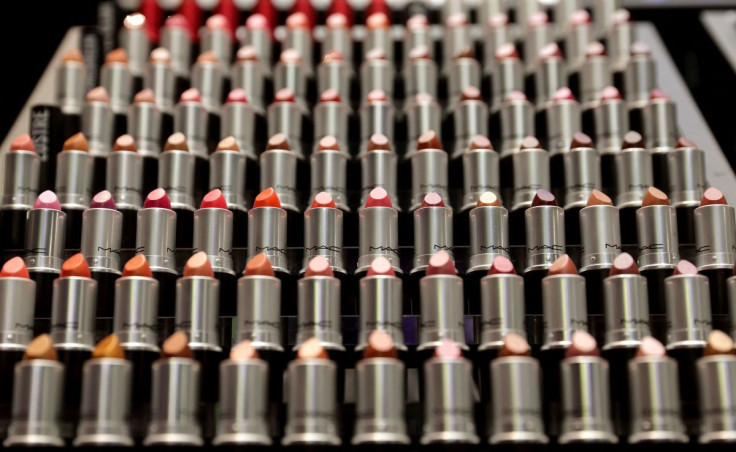
The growing presence of Artificial Intelligence will inherently revolutionise the beauty sector.
The development of technology in the beauty industry, currently worth more than £35 billion, has left a gap for technical products that are more accessible, sustainable and desirable.
According to Dr Sophie Shotter, Cosmetic Doctor and Industry Trainer for Allergan Aesthetics, AI has the power to create "shifts towards improved personalisation of experiences and interactions, even in a virtual domain".
Through a series of algorithmic processes and machine learning, the beauty industry has been able to provide consumers with more customer-centric experiences.
The collaboration between technology and beauty products has also led to an influx of beauty tech companies emerging across the UK.
In the 10 years between 2013 and 2023, more than 505 UK-based beauty tech businesses were created.
In 2013, there were just 268 active beauty tech companies in the UK. In 2023, the number of active businesses across the UK had increased to 774.
During the decade from 2013, the beauty tech market saw more than £1.04 billion in equity investments.
As of last year, a Beauhurst study found that there were more than 400 active UK-based beauty and cosmetic companies that offered one type of digital service.
Reports note that the rapid expansion of beauty tech products was due to the COVID-19 lockdown. To tackle the consumer restrictions during the pandemic, key players in the beauty industry accelerated their digital transformation.
Augmented reality experiences were made available by brands, such as virtual 'try-ons' while in-store shopping was prohibited.
Data also shows that advancing into the tech industry early on, led to UK-based skincare companies generating a further £121 million in equity investments in 2021 alone.
In 2020, L'Oreal launched the "world's first AI-powered device for skincare and cosmetics".
The beauty giant launched Perso at the CES tech show in Las Vegas. The new digital product set out to deliver on-the-spot skincare and cosmetic formulas with the use of AI.
Using the developed technology, L'Oreal's Perso provides an analysis of a person's skin type, environment and personal preferences.
Skin health largely benefits from AI innovations, which, according to Dermatologist Dr Jason Thomson, allow for "skin analysis algorithms, personalised skincare routines and individualised products".
"AI helps track changes in the skin over time, aiding in the early detection of skin conditions like melanoma," Dr Thomson added, noting that a combination of professional assessments and AI technologies should be used "for a comprehensive skincare routine and an overall accurate idea of your skins needs".
Skin Match and DCYPHER were some of the first innovative start-ups that created AI solutions to analyse the faces of makeup consumers. The technology tool recommended the perfect shade to customers and created personalised products to match exact complexions.
According to DCYPHER, the brand "knew the beauty industry could be more sustainable and should do better in the strive for zero waste".
Industry experts have since predicted that the use of AI will expand into AR and AI-focused in-store shopping experiences.
Georgina Robinson, an Associate in the Commercial and Technology groups of Mishcon Future, noted: "Augmented reality mirrors, equipped with facial recognition and AI algorithms, could provide customers with personalised beauty recommendations and virtual makeup try-ons at the physical store."
Some beauty companies are already "trialling the use of AR headsets to help customers decide between fragrances", she added.
However, the rapid expansion of beauty tech risks consumer privacy violations.
According to Robinson: "While AI offers numerous benefits to the beauty industry, it also raises privacy concerns.
"Many new offerings use facial images or scanning technology to create individualistic digital templates or profiles, which can mean engaging with legal requirements on collecting, storing and processing biometric data."







